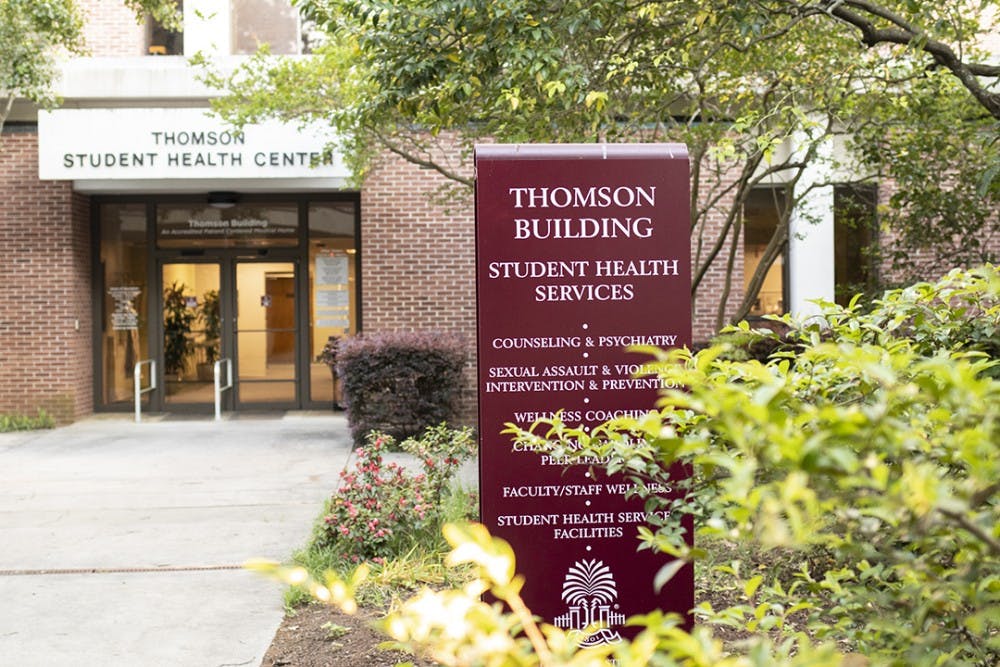USC has been applauded in the past for its approach to the mental health of its students, but a history of excellence does not guarantee the continuance of the trend.
A commitment to students' mental health is a commitment to continually adapt to meet their needs, and the university always has room to grow in its relationship with mental healthcare.
USC offers 10 free counseling sessions per semester to students, but after just one visit, students can no longer schedule their appointments online — according to the USC health services website, returning clients must call 803-777-5223 for an appointment.
Requiring students to talk on the phone in order to schedule their appointment can be triggering for those with social anxiety or uncomfortable for any student of this generation. According to a survey by BankMyCell, 81% of millennial participants reported sometimes feeling the need to “summon up the courage to make a phone call.”
All other health appointments can be scheduled online. Deviating from this practice, specifically in a service meant to help those struggling for mental health, is insensitive to the needs of the very students the center aims to aid.
This critique is but one example of how USC might reconsider its approach to mental health. Truly promoting mental health means listening to the specific needs of USC students, rather than remaining content in what has worked in years past. Because the student body changes significantly with each graduation and each group of incoming freshmen, USC should be working to change with students and their constantly shifting needs.
USC works incredibly hard to promote mental health, but continually critiquing the university’s approach to mental health is one of the best ways we ensure it remains a priority here at USC.

